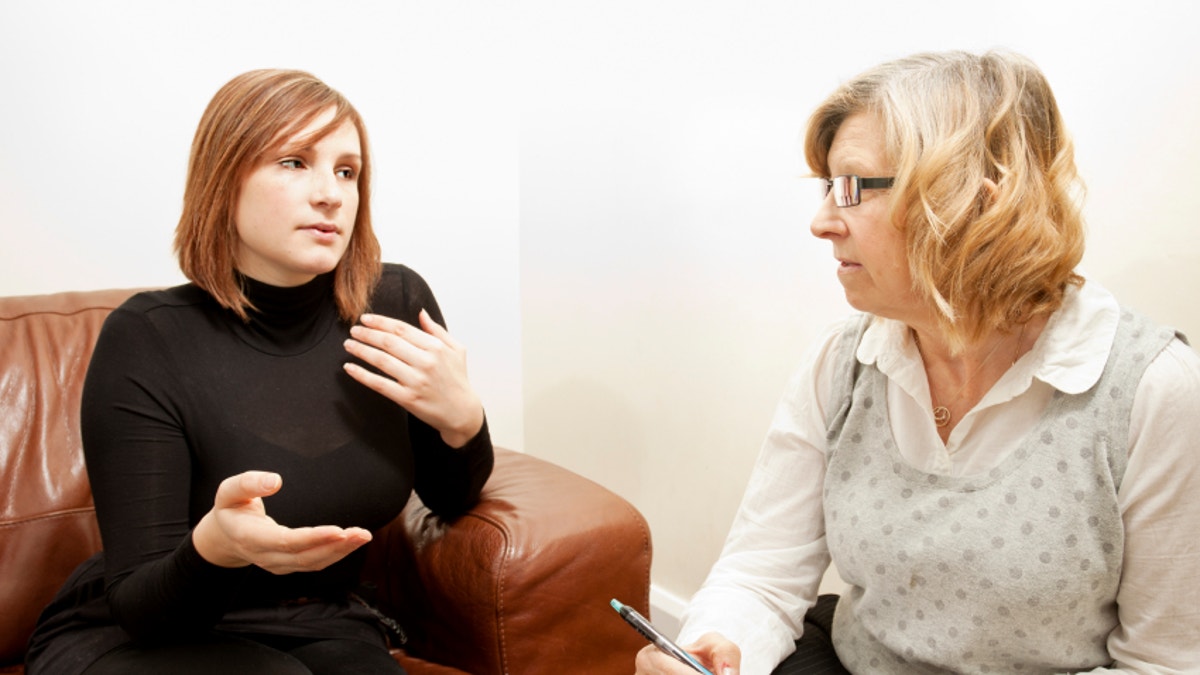
Many couples in troubled marriages wait too long to get help. By the time both spouses agree to counseling, the relationship has often been strained to the breaking point.
Some spouses, though, have found a way to work on their marriages even if their partners won't go to couples counseling. They go alone.
Colleen Orme, 48, a marketing consultant living in Great Falls, Va., did this several years ago, after her marriage hit a rough patch. She believed her husband had stopped treating her with respect. He drove her car and returned it with no gas. He showed up two hours late to a charity event she'd been planning for months. He ignored her birthday. The two had many long, circular arguments in which she tried to explain her feelings and he defended himself.
Ms. Orme suggested couples counseling, and for a few months they both went to therapy sessions. Then, her husband quit. "I was looking for some answers and just wasn't getting any," says Tom Orme, 49, a sales representative for school products. "She complained about me and I complained about her."
Ms. Orme decided to continue without him. "We spend a lot of time in marriages trying to fix the other person," she says. "I changed my approach and decided to focus on how I can become happy."
Taking a new approach in couples therapy, some counselors say troubled marriages can benefit even if just one spouse seeks help. And usually that spouse is the wife: Experts say women are more likely than men to get relationship-focused therapy alone.
At the University of Denver, unpublished results from a five-year longitudinal study of 300 long-term couples suggest that a month or so after receiving relationship-skills training, those who got it as individuals saw as much improvement in their relationships as those who got the training as a couple. A year and a half after the training, the Denver researchers found that couples where the women attended sessions alone reported being happier than couples where the men attended alone.
Howard Markman, a psychologist and the study's lead researcher, says the women learned relationship skills more easily and were better at teaching them to their partners. Women also are more comfortable talking about feelings and the strong emotions that arise in couples therapy. While there is no hard data available, Dr. Markman estimates that in his own practice, when one spouse is resisting counseling it is the man about 70 percent of the time. Some other therapists estimate that figure in their own practices as high as 90 percent.
